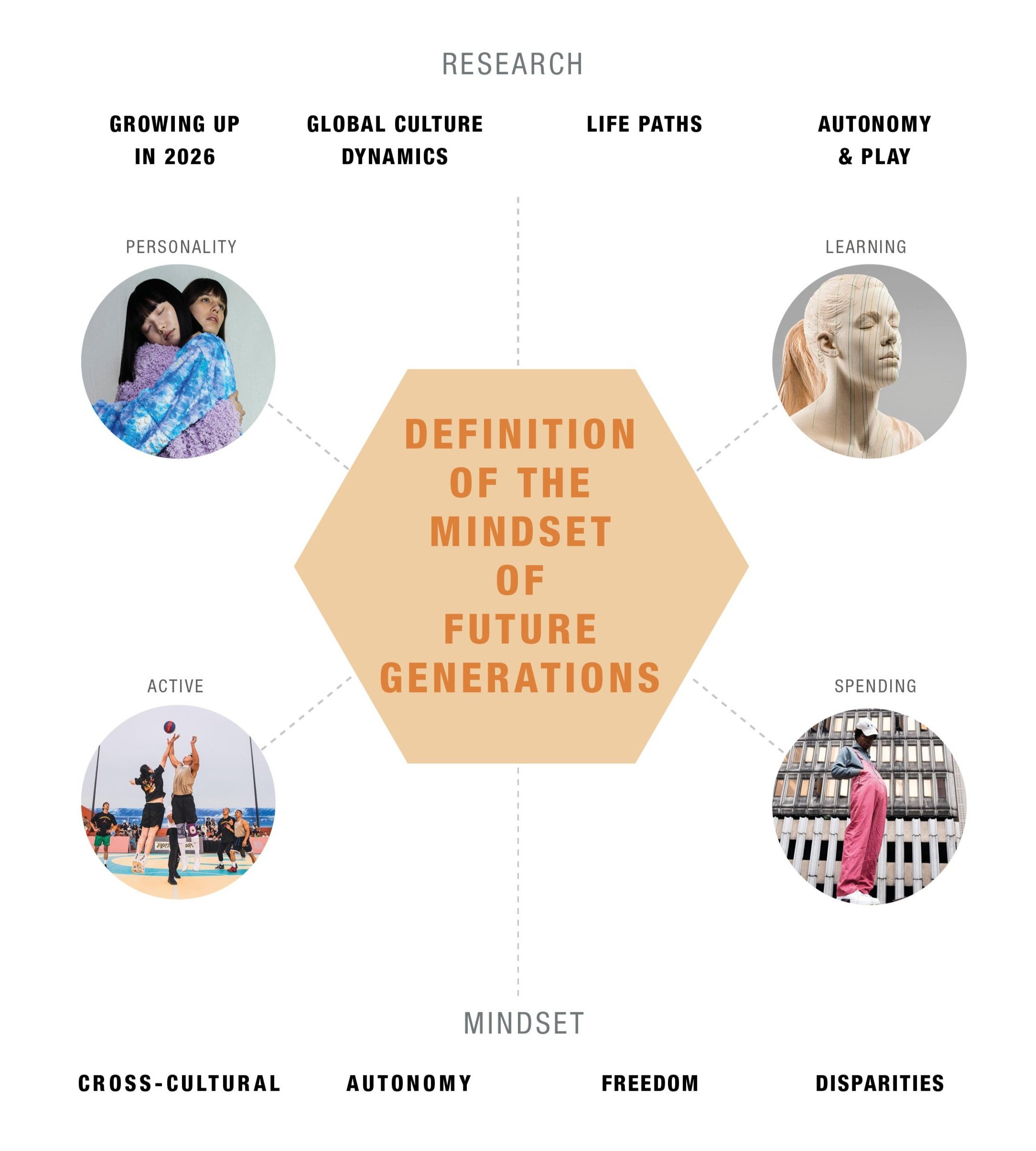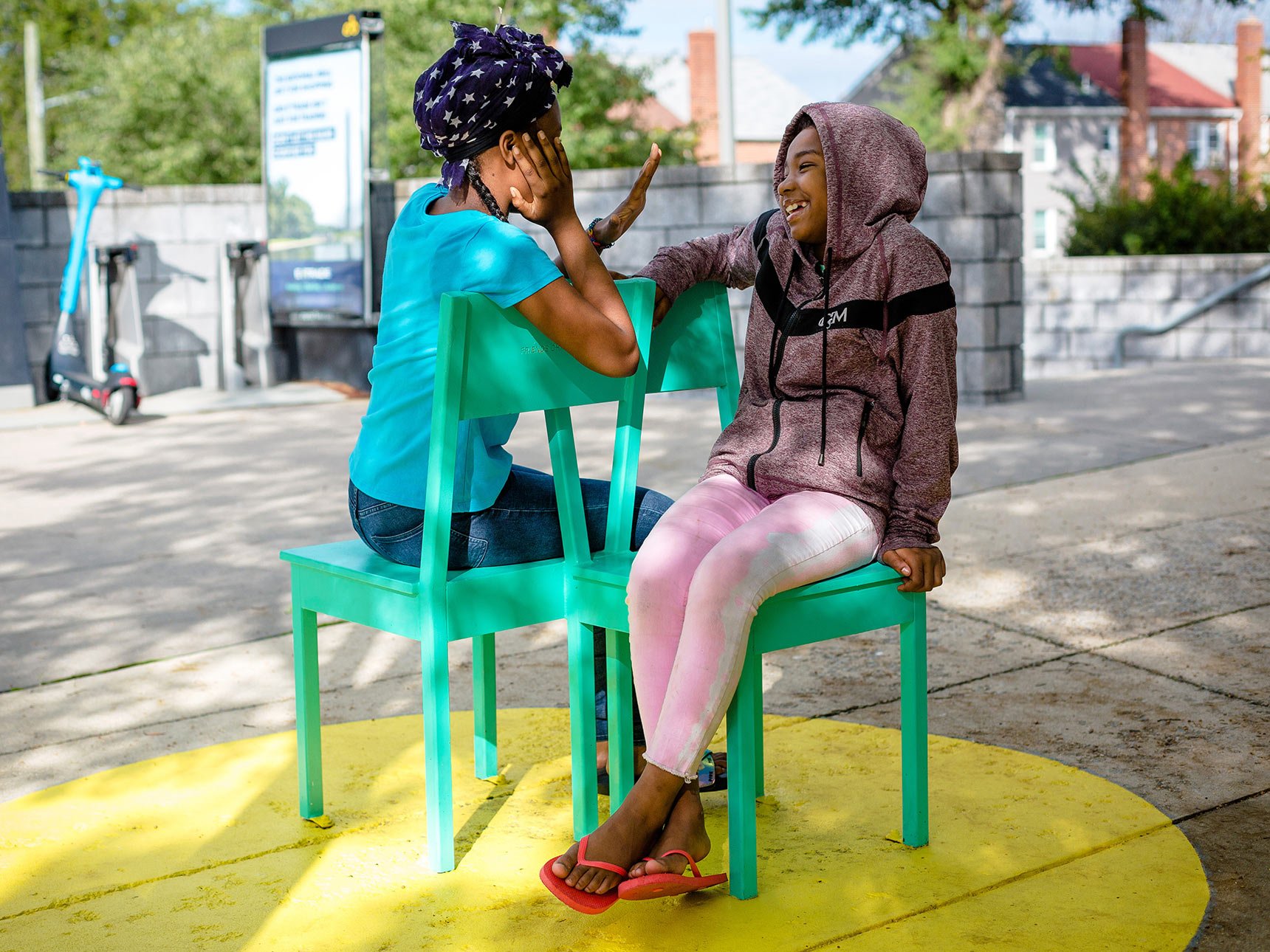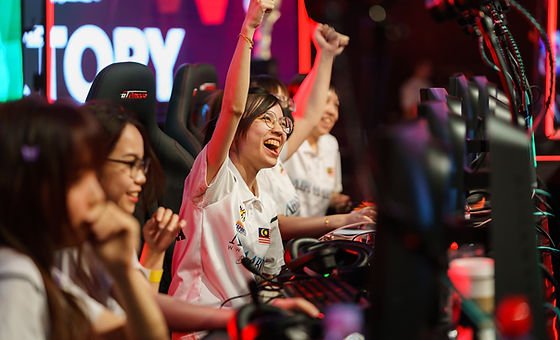
Mindset
Personality
Cross-cultural dynamics
When do young people actually become “grown-up”? Countries with the most intensive parenting are often those with the most economic anxiety. In a well-meaning attempt to protect and guide their children, some parents may inadvertently stifle their child’s ability to experience failure and learn from it. This lack of exposure to a wider range of experiences can hinder the development of independence and resilience. A quarter of parents are tracking adult children on their phones and phoning their employers about issues at work.
Young people don’t feel safe, eighty per cent of girls don’t feel safe outside, a third of children worldwide don’t feel safe in school, in the US this figure is higher. They need the freedom to explore, make mistakes, and discover their own paths to truly grow. The sum of these experiences, both good and bad, is crucial for developing a well-rounded character and a robust sense of self. Traits such as independence, resilience, fearlessness, and a strong will are used to describe Gen Alpha yet this may have to be seen in the light of a protected life. Not all can afford this mindset.
Young people’s moral values and perceptions of what makes a good person are influenced by their personal experiences, upbringing, and the culture they are immersed in and are more faceted than a generation definition. Globally young people value trust and honesty above other moral values. Respect for others and elders, the importance of family, community, and tradition is more prominent in some cultures than others. In general, in uncertain times family and community will be more important, as individuals seek comfort, support, and connection.
Grown-up
Safety
Honesty
Family
Learning
Autonomy
The investment in childhood skills, has the potential to significantly impact the global economy, with estimates suggesting a contribution of $2.54 trillion. Education plays a big role in shaping who we become. One key part of this is letting kids play freely in nature, this kind of play enables kids to make their own fun, solving problems and learning new skills on their terms. Technology is becoming a bigger part of learning, mixing traditional education with new digital tools. The mix is crucial for preparing students for a future where technology is omnipresent. In the age of AI it is important to fundamentally understand how we learn and evolve our capacities alongside AI.
The line between work and play is fading. In our digital world, even when we play or share things online, it can be part of work. This new reality, where online activities can be both fun and productive, challenges old ideas about work and leisure. It’s also a reminder of how important it is to understand and be part of the digital world, not just as users but as people who contribute to and shape it.
Today’s youth are navigating an increasingly complex world where identity formation is deeply intertwined with global digital media. English, as a key tool, opens doors to a global culture. In low-income countries around ninety per cent of adolescent girls and young women do not use the Internet, while their male peers are twice as likely to be online. This gap not only limits their educational opportunities but also affects their ability to participate fully in the digital world, which is increasingly becoming a necessity for personal and professional growth.
Identity
Learning pace
Play
Divide
Active
Freedom
Making sports accessible and welcoming to all is important. Efforts to keep girls playing sports and to ensure everyone has a chance to play are key. Sports are more than just games; they teach life lessons about collaborating, staying strong, and leadership. Incorporating diverse cultural practices and celebrations into sports events and programs can further enhance this inclusive atmosphere, making everyone feel valued and included.
As technology changes how we live, it also changes how we play and connect through sports. Despite the trend towards less active lifestyles, there is a growing movement to encourage more participation in sports as a way of life. This shift is not only about promoting physical activity but also about emphasizing sports as a critical component of youth culture and social life.
The influence of global sports figures and role models are large. Boys and girls benefit from seeing successful athletes who share their backgrounds and experiences. Highlighting stories from athletes of diverse cultures who have overcome challenges to achieve success can play a role in reinforcing the message that sports are for all. This not only promotes a more inclusive view of sports but also encourages young people to see sports as a path to personal growth, cultural exchange, and global understanding.
Technology and media have transformed the way youth sports are organized, played, and consumed. Social media platforms have made it easier for young people to access sports content for example skateboarding and the ability to connect with other skateboarders around the world. Traditional sports such as football are in decline in youth participation while the number of youths in e-sports is rising. Youth and digital culture are changing what playing sports means.
A way of life
Role models
Global sports
E-sports
Spending
Disparities
The disparities faced by disadvantaged families highlight the deep-rooted issues of inequality within society. This gap is most visible in the startling contrast between children who have access to nearly everything they may need or want and those who struggle to have their basic needs met. Such inequality affects not only the present well-being of these children but also their future opportunities and development.
Climate change and its impacts are often at the forefront of global concerns, yet the job crisis is another equally pressing challenge in regions such as Africa. This issue is poised to define our era, with a significant proportion of the population, particularly the youth, facing bleak employment prospects. In China the current youth unemployment rate is said to be twenty per cent. Addressing this crisis requires innovative solutions that look beyond traditional employment models, focusing on sustainable development and entrepreneurial opportunities.
The young generation approach consumption with a political view, a collective desire to build a future that is not only prosperous but also equitable and sustainable. Brands that contribute to the well-being of their communities and the planet are valued. The importance of brand transparency has never been more critical, corporations can be highly distrusted. They seem to be more pragmatic and money-conscious yet college debt and easy access to buy now, pay later creates problems. New research has found twenty per cent of young people are struggling to keep on top of their debt, leading to long term financial harm.




















